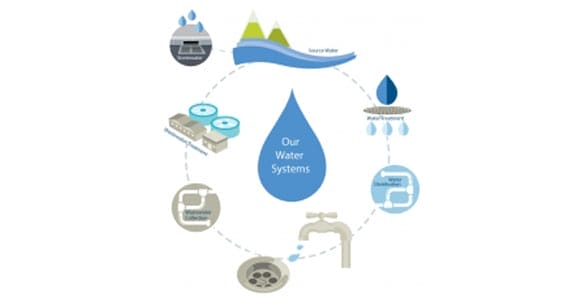
Transdisciplinary research into human behavior, institutional arrangements and the biophysical environment
The Center for Behavior, Institutions and the Environment is a transdisciplinary endeavor to improve our understanding of effective governance of social-ecological systems by an increased understanding of the interactions of human behavior, institutional arrangements and the biophysical environment. We do this by comparative analysis of observational and experimental studies in different regions in the world within an international network of academics and practitioners.
At CBIE, research questions are addressed from a multi-method approach. We combine methods from original field research and historical analysis to controlled experiments and formal modeling. We have scholars, students and faculty, trained in diverse methodologies, who work together on common projects.

Sustaining the Commons
Read our free book
This textbook discusses the main framework, concepts and applications of the work of Elinor Ostrom and her colleagues for an undergraduate audience.
Our research projects

Port of Mars

CNH2-L: Transition Dynamics in Integrated Urban Water Systems

Arctic Robust Communities-Navigating Adaptation to Variability
We’ll never fully understand what motivates people’s behavior. But we can observe what they actually do in a given set of circumstances, develop models of their decision-making behavior and map that onto data and models of the environment. We can then look across history and time and space to see how people’s decisions and the environment interact.